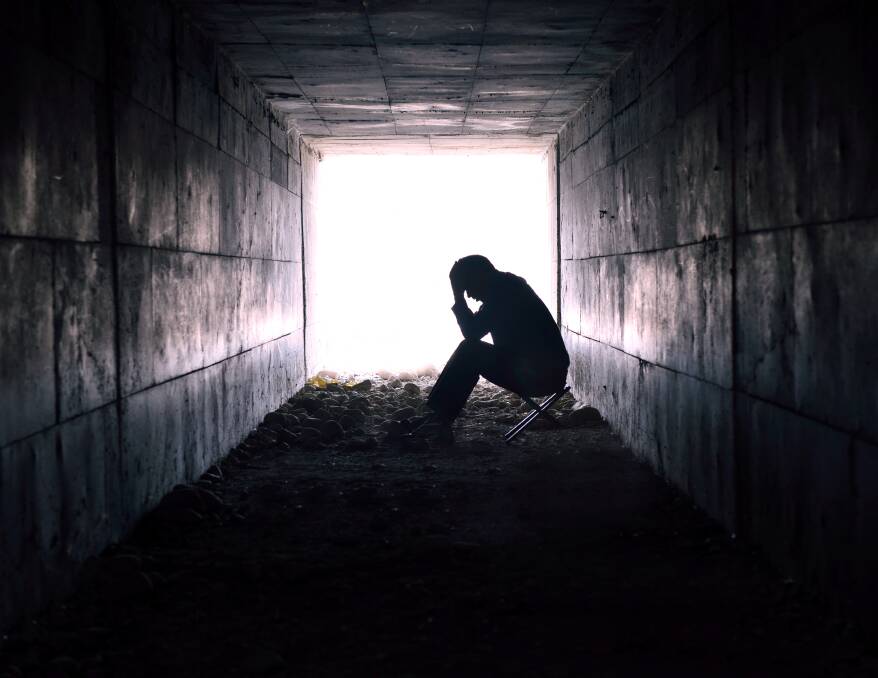Readers are advised this story discusses suicide and contains content that may be distressing to some people.
Subscribe now for unlimited access.
$0/
(min cost $0)
or signup to continue reading
A coroner says the Tasmanian Mental Health Service (MHS) did "nothing meaningful" to prevent the death of a 27-year-old woman.
The woman, who had a "lengthy and well documented history of treatment for depression and anxiety" was referred to the MHS after she expressed suicidal ideation.
But in the three weeks that followed, the woman did not receive any treatment despite the MHS recognising that she was at high risk of self-harm.

On July 28, 2020, the woman took her own life.
In the coroner's findings published on Monday, September 25, 2023, Coroner Simon Cooper detailed the gaps in care that meant the woman had effectively received no support from the public mental health system.
Treatment, in the immediate lead up to her death
Mr Cooper noted the woman had extensive history of suicidal ideation, intent and planning, as well as actual suicide attempts.
On July 4, 2020, the woman was referred to the MHS by her GP for her low mood and suicidal ideation, where her case had been assigned to the MHS Hobart Crisis Assessment and Treatment Team (CATT).
The CATT attempted to contact the woman on July 5 and July 6, without success.
On July 9, the woman called the CATT requesting to see a psychologist, with whom she had a pre-existing therapeutic relationship.
The Tasmanian Health Service (THS) records indicate that the CATT "did not have the capacity to return her call".
Over the course of 12 days, her case was discussed five times at multidisciplinary meetings, but no decisions were made other than to transfer her to another team when they noticed her address had changed, and no attempts were made to contact the woman.
The woman had managed to speak to the team over the phone twice to seek updates on her case.
On the first occasion she was told to contact Centrelink or housing support.
On the second occasion the woman discussed her fears of a serious relapse.
Despite this, her case was closed three days later without further referrals.
"Less than a week later she took her own life," Mr Cooper said.
'[She] received no treatment whatsoever, at a time she plainly needed it'
Mr Cooper said there were serious deficiencies in the care she received.
"[She] received no treatment whatsoever, at a time she plainly needed it," Mr Cooper said.
"[The woman] was in need of help and discussing her case at a myriad of team meetings did nothing in any meaningful sense to actually support her.
"At the time of her death, [she] had recently been discharged as a patient from the State Mental Health Service without ever actually having been seen by anyone from that service."
Mr Cooper said in a situation like this, he couldn't make any formal comments or recommendations.
"[The woman] was very poorly served by the State Mental Health Service," he said.
"There seems to me little point in recommending, in effect, that healthcare professionals should do their jobs properly."
If you or someone you know has been affected by this story, please call:
- Lifeline 13 11 14 also lifeline.org.au
- Suicide Call Back Service 1300 659 467
- Beyond Blue 1300 224 636 also beyondblue.org.au
- MensLine 1300 789 978 also mensline.org.au


